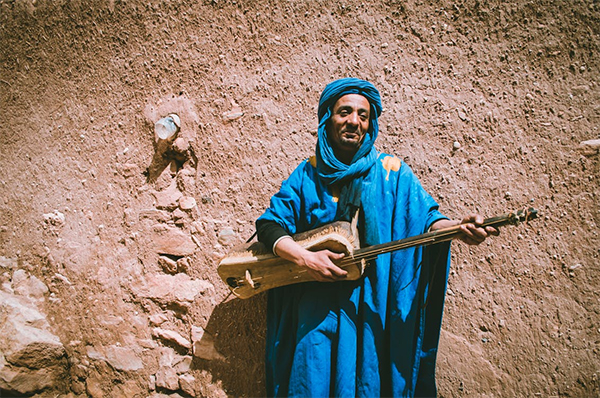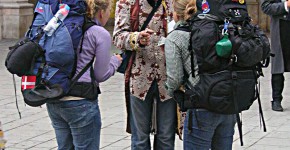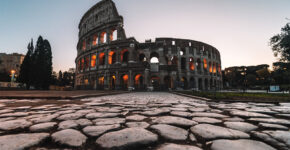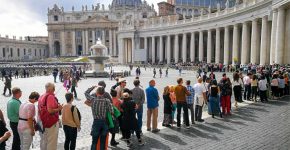Exploring the Cultural Richness of Morocco
Morocco’s this incredible mix of history and culture—honestly one of those places where you can really see how different civilizations crashed together over time to create something unique. The ancient Berber tribes, Romans, and later the spread of Islam all left their mark. It’s like, everywhere you turn there’s some new tradition or food or landscape that shows off this crazy-rich heritage. The whole country feels like this living cultural patchwork that just begs you to dive in.
The Vibrant History of Morocco
God, the history here is just… layered. You’ve got these ancient Berber tribes, then Romans showed up and did their thing. But the real game-changer? Those Arab conquerors back in the 7th century bringing Islam with them. After that came these dynasties (Almoravids and Almohads I think?) that really pushed architecture and scholarship forward. You can literally see all this history playing out in the markets—which are INSANE by the way—and in buildings that have somehow survived centuries. The whole country’s basically a walking museum, but like, one where people actually live their lives.
Traditional Moroccan Cuisine and Hospitality
The food scene? Incredible. Tagine and couscous are everywhere, and they use these local ingredients with spices that’ll blow your mind—saffron, cumin, all that good stuff. Eating is super communal too; everyone shares from the same dishes which feels weird at first but becomes this really cool bonding experience. And you gotta try the mint tea! Locals call it “Moroccan whisky” (even though there’s obviously no alcohol in it). They serve it as this welcome gesture and honestly, the way they pour it from like 2 feet above the glass is pretty impressive. The presentation of everything is just… so much. Combined with how ridiculously welcoming everyone is, meals turn into these mini-cultural experiences that stick with you long after you’ve left.
Art, Music, and Festivals in Morocco
The art and music scene reflects this crazy mix of Berber, Arab, and African influences. The craftsmanship in the tile work is mind-blowing—like, how do people have that kind of patience? And don’t get me started on their textiles… If you’re into music, you’ll hear gnawa and chaabi playing everywhere from street corners to fancy restaurants. The traditional instruments—the oud and guembri—have this haunting quality that’s hard to describe. There’s a bunch of amazing festivals too. The Fes Festival of World Sacred Music is supposedly incredible (tho I haven’t been), and the Marrakech Popular Arts Festival draws huge crowds. These celebrations are perfect for experiencing the performances, parades, and just soaking in the overall vibe of Moroccan culture.
The Diverse Landscapes and Architecture of Morocco
The landscapes here are just… wow. From those rugged Atlas Mountains to the Sahara Desert—which, btw, feels like stepping onto another planet. Each region has its unique architectural style based on its surroundings. Ancient medinas with their wild mosaics and big, elaborate entrances contrast with modern, minimalist buildings. Kasbahs and riads in crowded cities showcase becoming-rare traditional workmanship. On the coast, you’ll see stunning whitewashed buildings that are unlike anything inland. Dramatic nature and varied buildings offer Instagram-worthy settings. But it goes beyond that—it shows how the country’s location affected its culture.
Morocco is a unique blend of history and culture. How ancient customs combine with modern life impacts people and visitors in ways that are hard to describe. Every street corner, meal, and conversation teaches you something new about the country’s heritage, which is rare. Morocco is where storytelling is ingrained in daily life. The medinas are a maze, so wear comfy shoes—you’ll walk a lot!
Photo Attribution:
1st & featured image by https://www.pexels.com/photo/brown-concrete-building-943510/
2nd image by https://www.pexels.com/photo/man-wearing-blue-top-holding-brown-string-instrument-943541/






